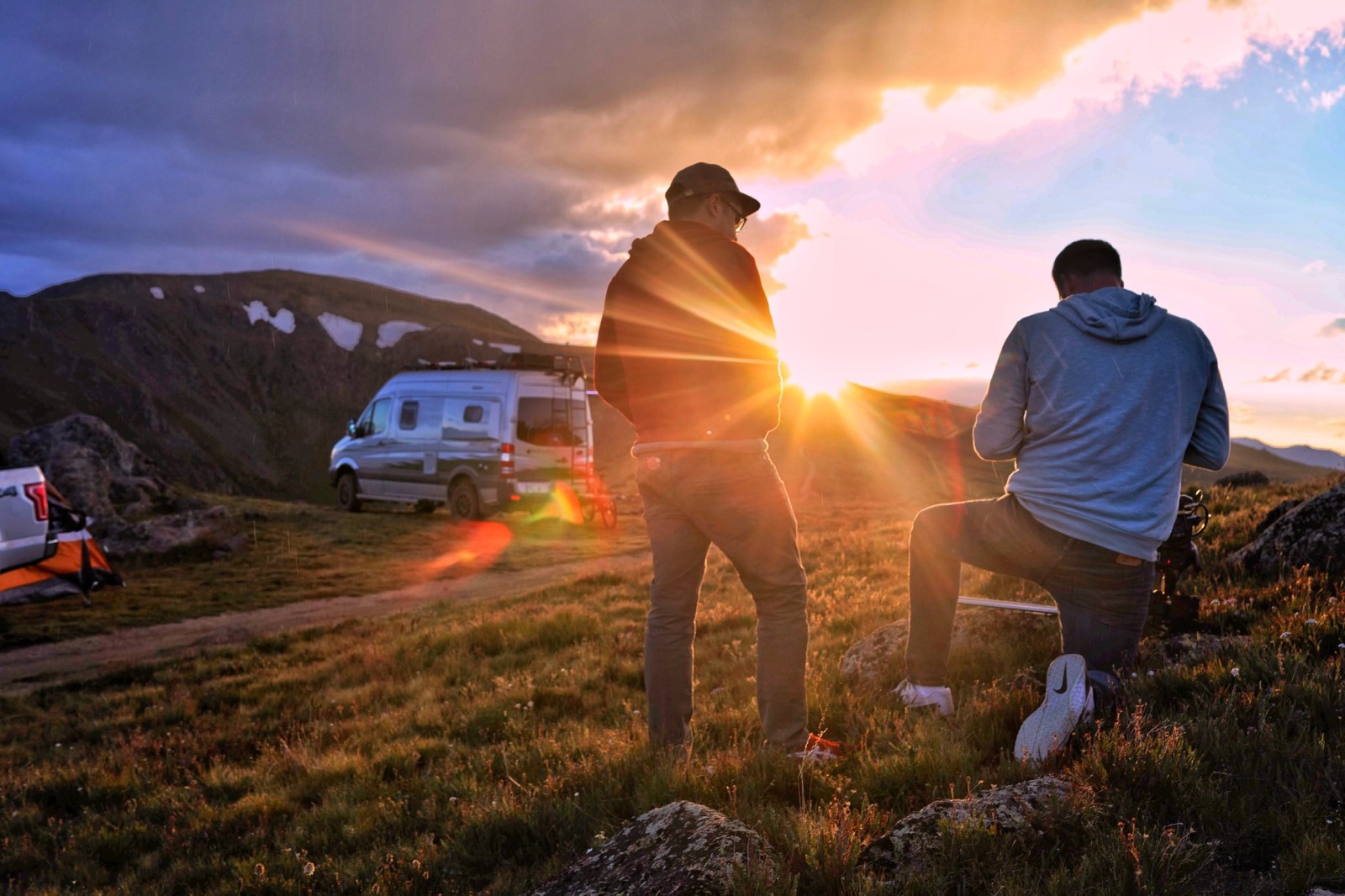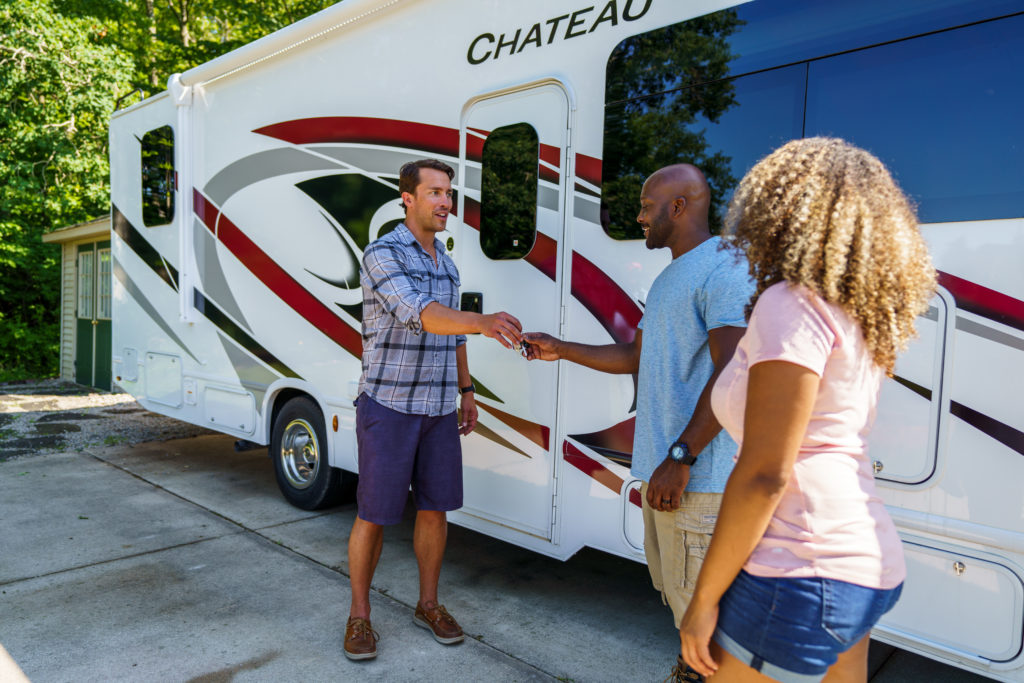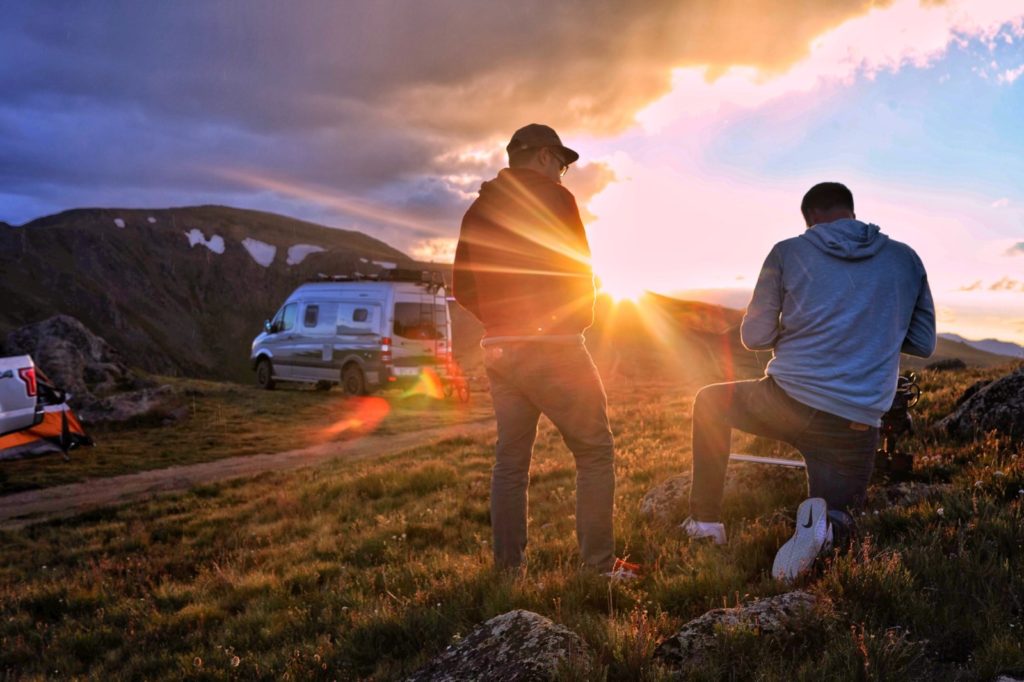
Best Practices for Zoning an RV Park
From designing the park, setting up the internet, and all of the costs associated, park operators have plenty going on. The last thing an owner wants to deal with are zoning regulations slowing down your park’s build.
So, how do you go about properly zoning an RV park? What resources are there for zoning a campground? How do you get approval for your campground?
To get a better idea, we sat down with a few RV park owners and regional association members in order to put together a helpful list of best practices for zoning an RV park.
How to know if you have zoning laws.
There’s a chance your property could fall outside of any zoning laws, but it’s still best to be sure as there are many cases where businesses operating out of a physical location are required to have a Certificate of Occupancy (CO) confirming any building codes, zoning laws, and government regulations.
Here are a couple of ways to know what’s required for zoning an RV park in your area.
1. Join a campground association.
In general, it’s a good first step for new RV park owners to join their local campground association.

There are over 40 campground associations in the US and Canada, offering park owners:
- Advocacy at local and national levels.
- Industry expertise and discounts.
- Marketing tools and resources.
- Networking and support from other park owners.
Your local association has a good idea of what’s required for making sure your park is properly zoned.
2. Call your city or county office.
Laws for zoning a campground will vary from city to city. Calling the city zoning office is the simplest way to check on what’s required.
It’s also worth noting that coastal cities like San Francisco and San Diego have stringent laws. Midwestern and southern states will likely offer more flexibility.
Pulaski County in Kentucky, for example, has no zoning laws. A citizen can apply for a variance through the local planning commission to build outside the existing codes, though the IRC and local zoning regulations are in place.
If there’s a zoning commissioner in your county, they will know if there are any environmental concerns, land restrictions, or what municipal services are available. Not to mention, they’re going to get involved in your project regardless, so it’s a good idea to consult them early on and gain them as an advocate.
How to get approval for zoning verification.
More often than not, zoning an RV park is a pretty straight forward process. One of our campground owners shared that it was as “simple as submitting an online form.”
In most cases requiring verification, you can submit a request to a building inspector or zoning board, and they’ll approve or deny based on whether or not your property meets local requirements. Also, conducting a land survey and inspections on your own is a good way to hedge your bets on getting approved.
Should you be denied, you can still appeal the decision with your local zoning board. This will serve as a court of sorts, and they will deliberate as to whether or not the zoning laws are too stringent in your particular situation. In this case, neighbors and local businesses will often be asked to weigh in and help give the board a better understanding as to whether or not this will benefit the local environment and economic climate.
For more granular examples, take a look at specific zoning requirements for states including:
- California
- Colorado
- Florida
- Massachusetts
- Michigan
- New York
- Oregon
- Texas
How to change zoning.
In some cases, park owners can change zoning for a campground.

Changes can be approved if you can show substantial proof that your land has physiological, environmental, or geological conditions that qualify for zoning classification (assuming it benefits the local city or county).
In this situation, you would likely need to pay for an application, as well as be able to show a deed, plot plan, tax information, and proof of a land survey. From here, your request would go before a zoning board (similar to an appeal), and they would likely call upon neighbors and local businesses.
You can see a similar process for reference from Logan County, in Colorado.
Zoning your campground.
While regulations differ across state and city lines, zoning doesn’t have to be a complicated process. To make zoning your RV park easier, make sure that you:
- Join a local campground association.
- Connect with your local city or county office.
- Conducted surveys and inspections.
- Submit an approval request with a local zoning board early on.
- Keep all necessary documents handy (taxes, plot plan, deed, etc).
Following these steps will save you headaches and countless hours, and allow you to get back to focusing on building out your RV park.
All zoned and ready for the next step?
Need help getting your RV park off the ground or taking reservations? Good Sam Campground Solutions has you covered. Request a demo today!